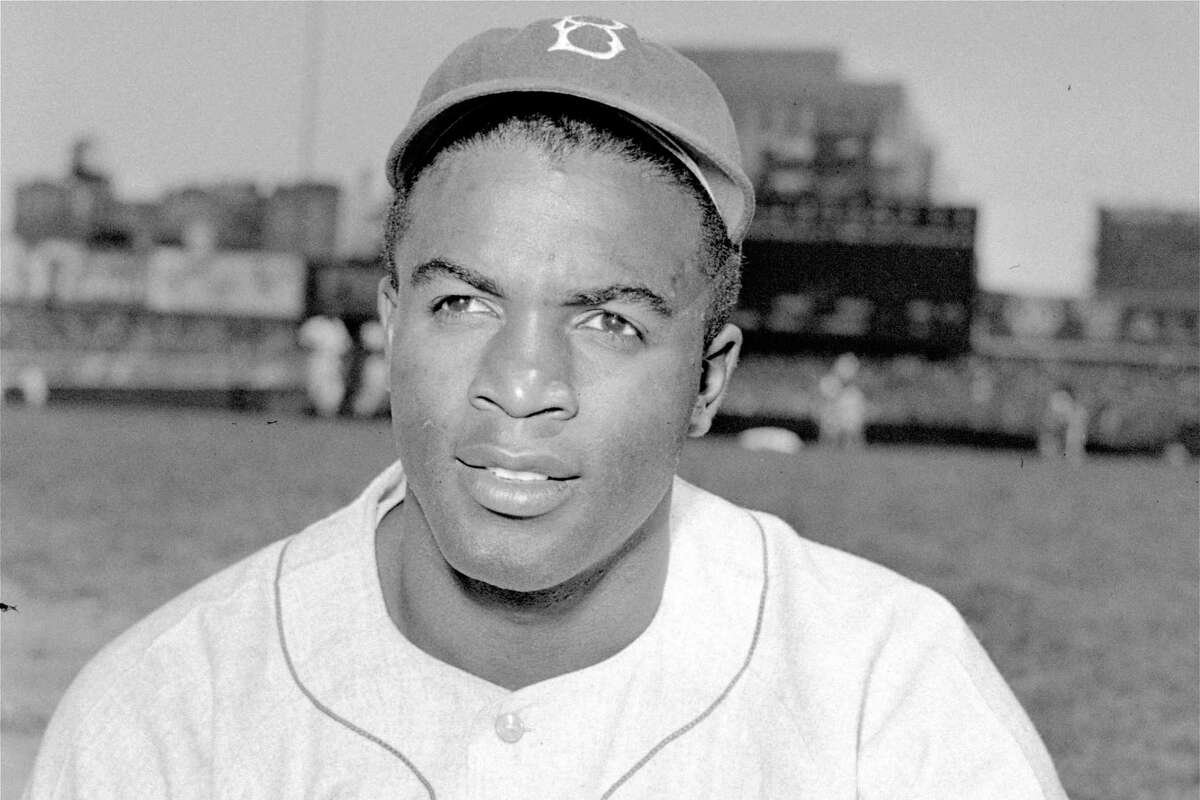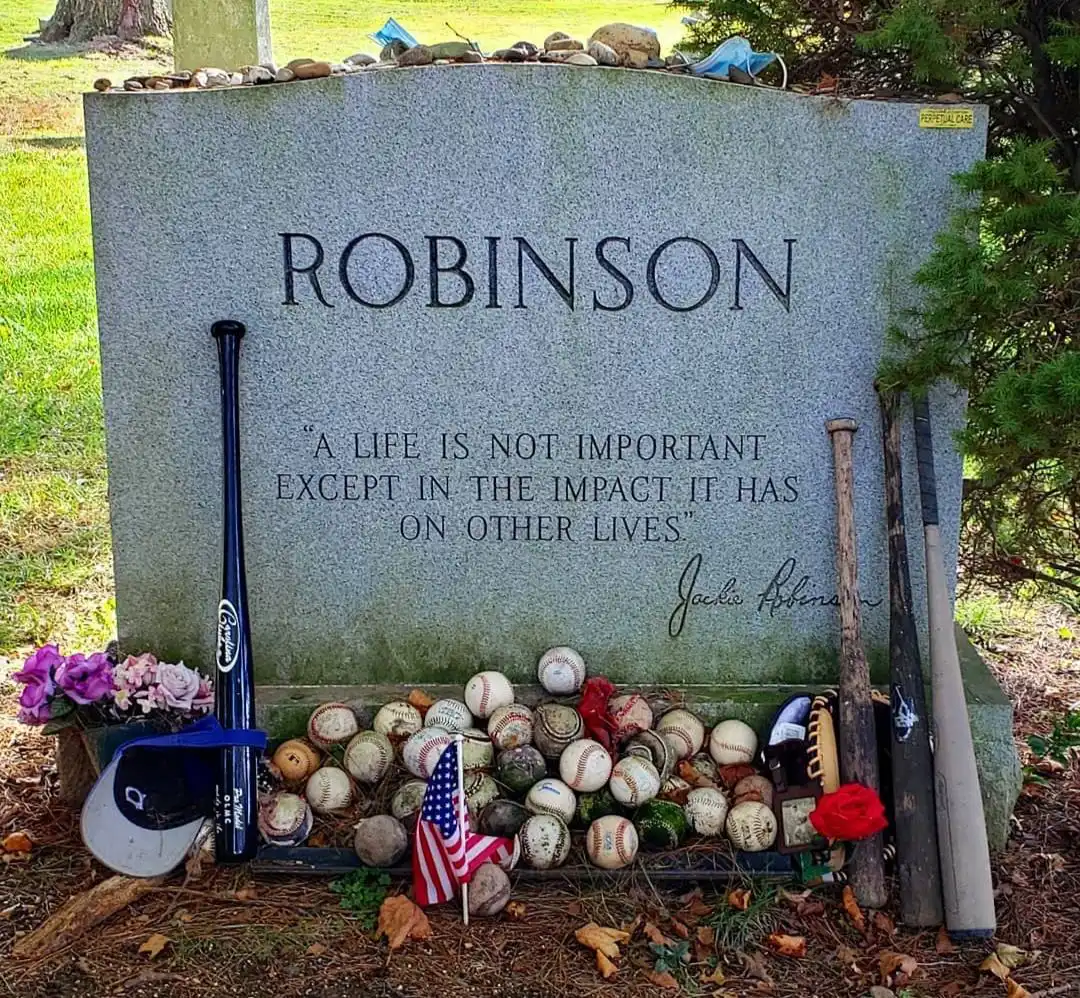Baseball pioneer Jackie Robinson’s death
The world mourned when Jackie Robinson, an iconic figure in sports and civil rights, passed away on October 24, 1972.

“I’m not concerned with your liking or disliking me… All I ask is that you respect me as a human being.”
— Jackie Robinson
Jackie Robinson, born on January 31, 1919, in Cairo, Georgia, was a pioneering figure in American sports history. He broke the color barrier in League Baseball when he joined the Brooklyn Dodgers in 1947. His debut ended decades of segregation in the sport and opened doors for countless African American athletes.
Career
Robinson became a key player for the Brooklyn Dodgers and helped them win the World Series in 1955 and earned the National League MVP award in 1949. Robinson’s outstanding career led to his induction into the Baseball Hall of Fame in 1962. In 1997, his number 42 jersey was retired by all Major League teams, a testament to his monumental impact on the game.
Beyond his athletic prowess, Robinson was an advocate for racial equality and civil rights. He was married to Rachel Robinson, with whom he had three children: Sharon, David, and Jackie Jr. His legacy lives on through Jackie Robinson Day, celebrated every April 15 across Major League Baseball, where every player wears his iconic number 42.
Cause of death
Jackie Robinson’s life was tragically cut short on October 24, 1972, when he succumbed to a heart attack at the age of 53. His health had been compromised by heart disease and diabetes, contributing factors that weakened him substantially over the years.
Robinson passed away at his home in North Stamford, Stamford, Connecticut, a loss felt deeply by family, friends, and fans worldwide.
Final resting place
He was laid to rest at Cypress Hills Cemetery in New York, a final resting place for a man who forever changed the landscape of American sports and civil rights.

The epitaph on his gravestone provides food for thought: “A life is not important except in the impact it has on other lives.”